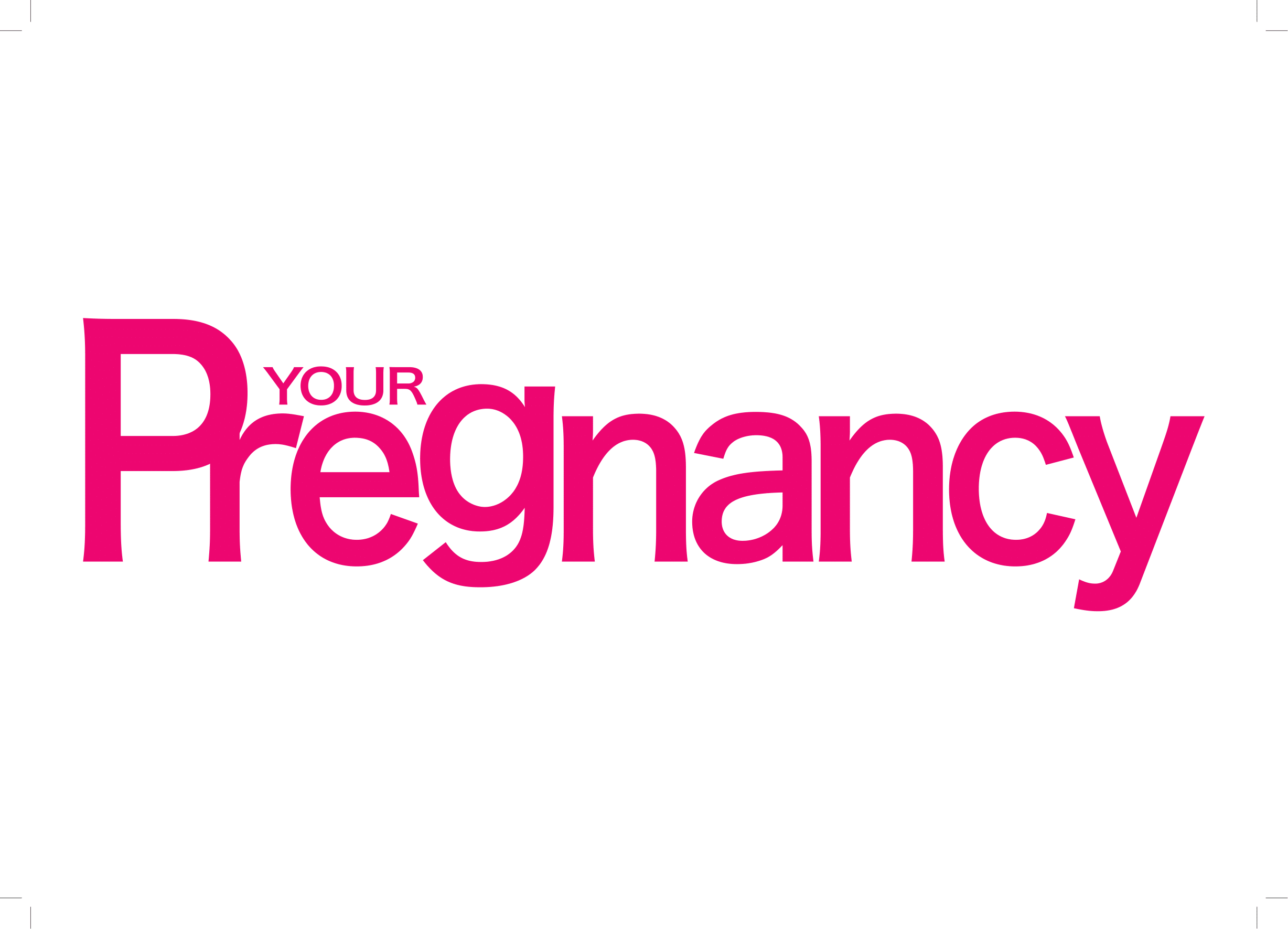
Here’s a breakdown of what you can expect:
First visit at 6-8 weeks
- History-taking and clinical examination to establish current and past health status, and to estimate baby’s due date.
- PAP smear
- Blood tests to establish your blood group, immunity to rubella and whether or not you are anaemic.
- Ultrasound may be performed now to confirm the presence of the gestational sac.
- Chorionic villus sampling (CVS) may be recommended if genetic or chromosomal screening is indicated
8-28 week appointments:
Monthly antenatal visits are recommended until 28 weeks gestation. Routine tests and procedures conducted at each visit include:
- Urine testing to check for sugar, protein in the urine or signs of infection.
- Blood pressure. The reading from for the first visit will establish a baseline. Hypertension (high blood pressure) with headaches, blurred vision and protein in the urine may indicate pre-eclampsia which requires close observation.
- Weigh-in to establish a baseline and ensure that weight gain is neither to little or too much – about 12kg is average.
- General observation to establish the well-being of mother and baby, including checking the extremities for swelling, varicose veins, etc.
- Abdominal palpation to assess the size of the uterus and later the position of the baby.
12 weeks
Ultrasound to observe the foetal heart beat and to measure the nuchal folds at the back of the baby’s neck, which may indicate the presence of Down’s syndrome.
16 weeks
- Ultrasound: to detect the presence of foetal abnormalities.
- Triple blood test: this is a screening tool used to establish a risk factor for Down’s syndrome, spina bifida and other chromosomal disorders. Depending on the risk, further testing such as CVS or amniocentesis may be recommended.
20 weeks
Amniocentesis if indicated
24 weeks
Routine observations now include assessing foetal movement and measuring and charting the height of fundus (the length of the uterus).
28-36 weeks
Visits are recommended every two weeks from 28 weeks onwards.
36 weeks
Vaginal examination and pelvic assessment may be carried out by some caregivers to assess size of the pelvis
36 weeks until delivery
Weekly visits will be recommended until the baby is born.




 Publications
Publications
 Partners
Partners














